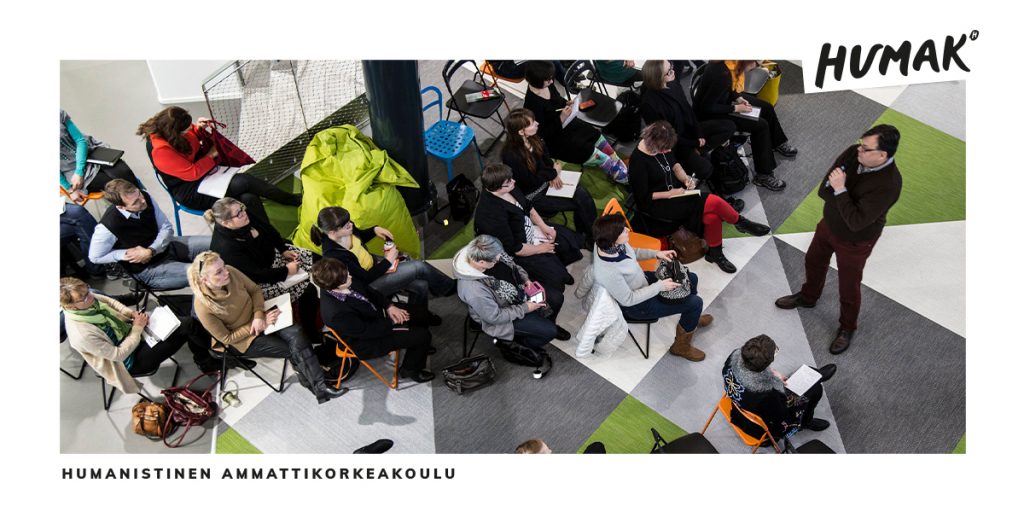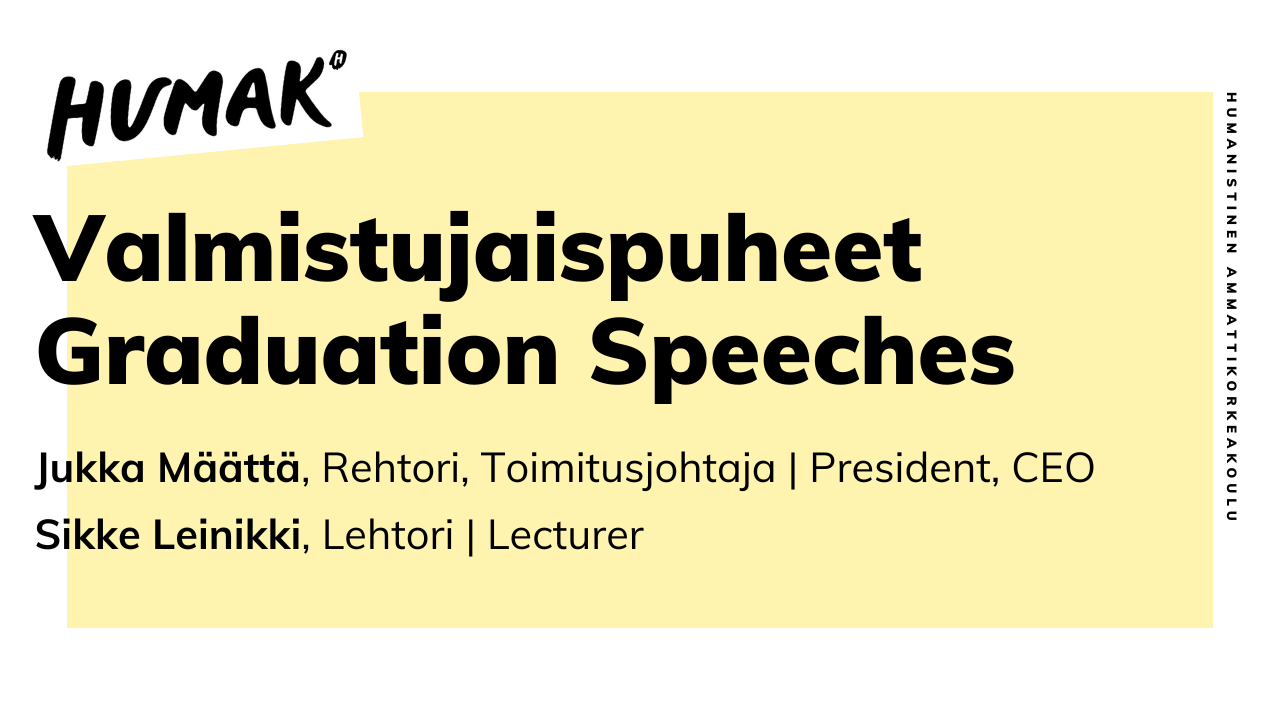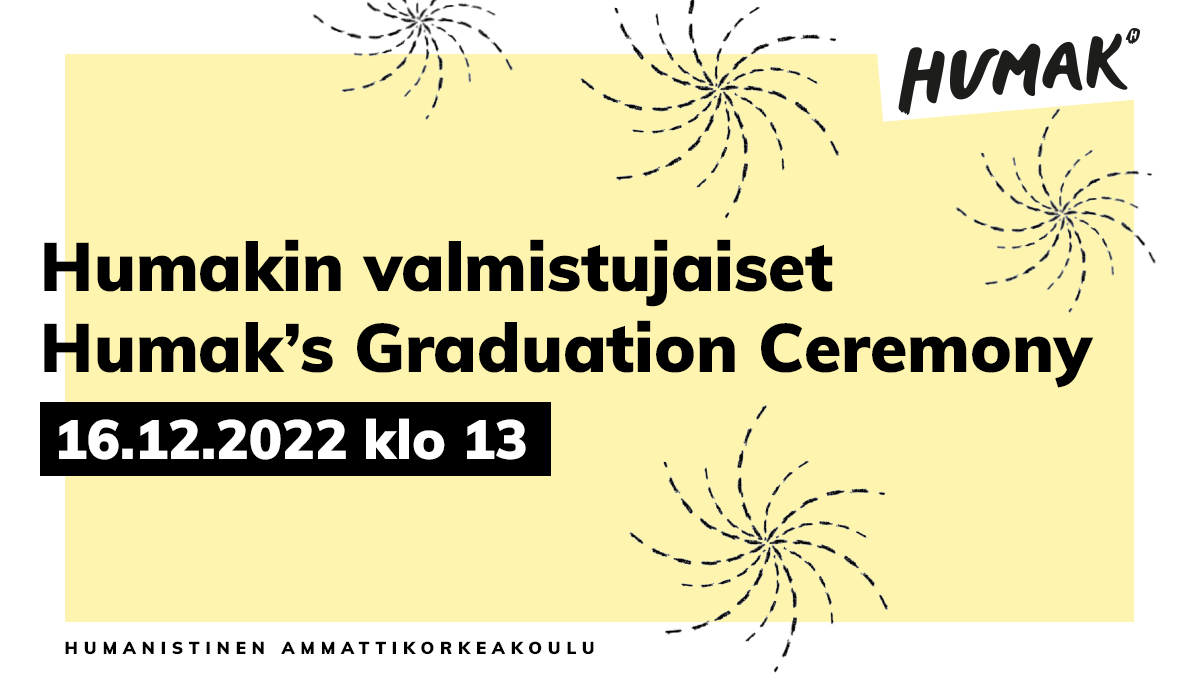Community Developer - Four Different Specialisation Options
Bachelor of Adventure and Outdoor Education (ENG programme)
A Community Educator is an Expert in Communality and Guidance
A community educator’s professional competence is built upon community development and guidance. A community educator develops the well-being of communities and individuals, and helps prevent the polarisation of society. The skills of community educators are widely needed in our society. Community education training can be divided into four profiles:
Youth work: focuses on improving the well-being of youths, prevents marginalisation, promotes inclusivity and active citizenship.
Organizational work: promotes the activity and responsibility of societal movements, improves their quality, significance and their ability to perform.
Adventure education: strengthens the growth and well-being of individuals, groups and communities, develops the adventure economy. Prepares students to work in organizations and youth work. Bachelor’s Degree offered in English!
Work community development: human resources experts who help progress organizational culture and strengthen the well-being of workers.
Community educator graduates are experts of social interaction, especially targeted towards the fields of youth and organizational work. A community educator understands the diversity and multiculturality of society. Community educators are active and responsible societal actors that aim to develop their operating environment, networking and the channels for social influencing. Community educators understand the contributing factors to growth, development and well-being, as well as the role of preventive work and its possible applications in youth work.
The Professional Fields of Community Education
Graduates have the professional skills and methods to develop their own work and to develop the industry more broadly. Applicants often have close connections with working life and internships give the opportunity to develop the activities of their chosen organization in the development tasks included their studies. Community educators work in youth work, organizational fields or in companies in personnel positions.
Developing professional expertise based on the needs of working life act as the core of community educator training. This can be seen in the ever widening multicultural and international working environments of community educators, as well as in their growing need. Working life-based learning is an integral part of community education studies, which is seen in cooperation in working life projects and internships.
The Core Competencies of Community Educators
The core competencies of community educators include:
- supporting participation, multidisciplinary expertise and civic engagement
- preventive work and promoting well-being
- pedagogical activities and preparatory work approach
- facing diversity and multicultural work
- reinforcing communality and community development
Community Educators in Working Life
Community educators can work in various fields, such as in NGO’s, municipalities and organizations. Community educator work usually includes directing activities or people of all ages. Work community development training also prepares students to work in different kinds of management and development roles in various organisations.
The tasks of community educators may include:
- management and development in NGO’s
- social strengthening in youth work
- cultural youth work or
- multidisciplinary work with children and young people in municipalities, schools or organizations
- organizational work (e.g., expert tasks and advocacy work)
- workplace management and development tasks
- working in tourism / experience industry
Community educator graduates can be a part of international, national or local projects which include many actors, and aim to further connectivity between people and society.
Employment rate
- Community Educator (Bachelor) 90,8%
- Community Educator (Master) 94,3%
Community educator fields of expertise
- NGO and youth work
- youth counsellor
- youth work organisation
- organization and free time instructors
- child welfare institutions instructor
- project management and coordination
- designers, trainers and service entrepreneurs
- organisation experts, developers and instructors
According to latest findings there are over 70 job titles for community educators in Finland.





